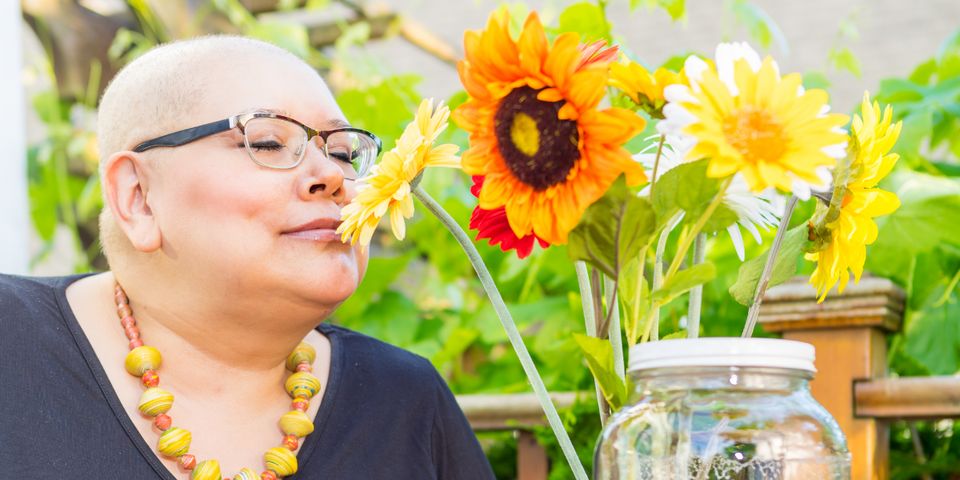
Being told that you have cancer is a life-changing moment. There’s no question that it’s upsetting, and you are likely to be overcome by your emotions as you grapple with the situation. It’s important to keep one very important fact at the top of your mind throughout this experience: you are not alone. From the professionals at the oncology clinic to the people in your close circle, your network can prove invaluable. Here are a few tips to help you cope.
How to Cope When You’re Diagnosed With Cancer
1. Accept Help
Reach out to your loved ones when you need a hand. Maybe you need someone to take you to the oncology clinic, walk the dog, bring you meals, or simply keep you company. There is no favor too big for the people who care and want the best for you. Knowing that you can lean on your loved ones can provide enormous relief, especially when you’re going through treatments.
2. Prioritize Personal Needs

Ask yourself what would bring you the most joy and do your best to honor those wishes. Whether it's planning a trip or meal with friends, seeing a therapist regularly, or leaning on a spiritual advisor for gentle counsel, listen to your heart, your mind, and your body. Whatever your needs, give yourself permission to indulge in them without apology.
3. Connect With Other Patients
It can be helpful to speak with others who understand how you feel. Not only can you share your experiences during your journeys, but you can also ask questions of those who received earlier diagnoses. You’ll find friendship, camaraderie, support, and hope. If you’re looking for places to connect with other patients, ask your oncologist for leads. They may direct you to a nearby chapter of the American Cancer Society, or help you find local groups.
At Taylor Regional Hospital in Campbellsville, KY, you’ll receive the highest level of care from experienced professionals who have your best interest at heart. Their cancer program is certified by the Commission on Cancer and their oncology staff is caring. Visit the website to find out more about their treatments and support options, or call (270) 465-3561 to discuss your needs.
About the Business
Have a question? Ask the experts!
Send your question

